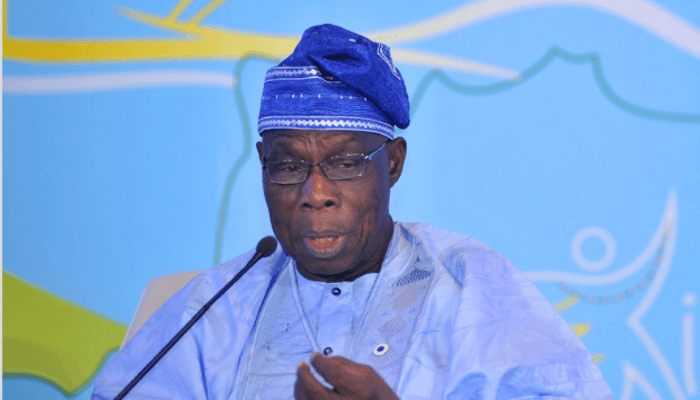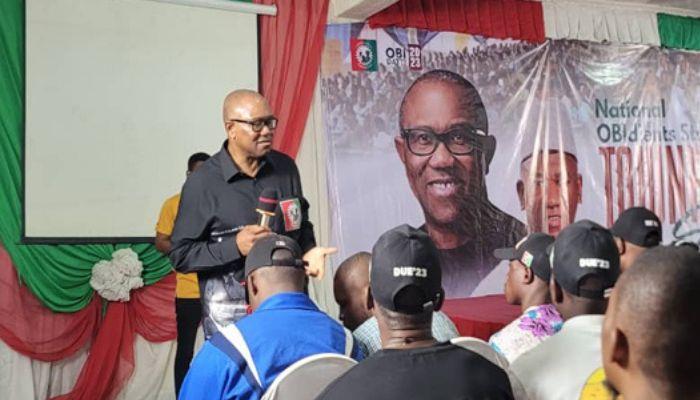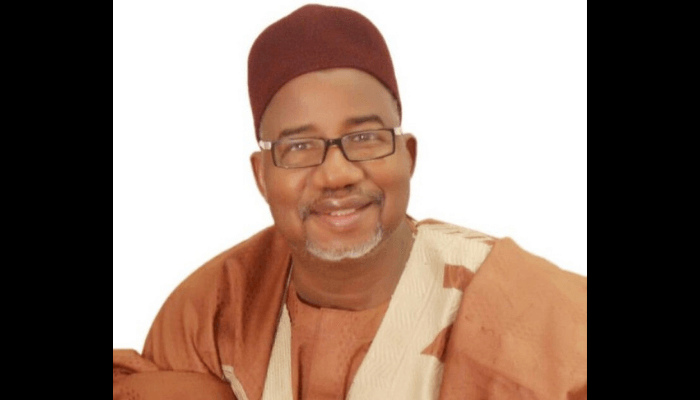An Abuja Division of the Federal High Court has nullified the amendment of Section 25 of the Electoral Act passed in February by the National Assembly.
In a judgment delivered yesterday, the court presided over by Justice Ahmed Mohammed, stated that only the Independent National Electoral Commission (INEC) had the powers to create an election timetable for the country.
The judge also ruled that any attempt by the National Assembly to amend the Section 25, as done by the legislature, must first require an amendment of the 1919 constitution.
Recall that the Accord Party (AP) had filed the application after both chambers of the National Assembly attempted to implement Section 58 of the constitution which allows the legislature to override the decision of the President.
Accord Party in the suit had asked the court to determine if INEC was not solely empowered to carry out its function of overseeing the election timetable in Nigeria.
The application was part of events that trailed the decision of the National Assembly to reorder the sequence of the 2019 general election, putting the presidential election last.
However, the decision of the lawmakers had generated debate in the polity, while some pro-Buhari senators had said the amendments was targeted at President Muhammadu Buhari.
The new election sequence by the National Assembly would have make the National Assembly election first in 2019, then followed by the Governorship, state Houses of Assembly while the presidential election was fixed for last.
This was against the sequence released by Independent National Electoral Commission (INEC) which listed presidential and National Assembly elections first while the governorship and state Assembly elections were to follow.
Buhari had immediately refused to assent to the bill, stating that the amendment was a violation of the constitution.
However, reacting to the judgment, an Ilorin-based lawyer and senior advocate of Nigeria (SAN), John Bayesha, said the judgment was in order with the provision of the constitution which gave only INEC the power to set election sequence for the country, while added that the judgment could however, be appealed.
Bayesha said the amendment could not stand without an amendment to the constitution which the electoral laws derive it powers, while urging the lawmakers were only embarking on fruitless effort.
He said: “I said it at that point that the lawmakers’ action would lead to nowhere, what they did was a violation of the constitution, it is only INEC that has the power, the electoral act derives it powers from the constitution and they went for the one that is cheaper.
“It is a victory for democracy and shows that the court is there to always act as the last arbiter,” he said.
Wale Ogunade, an activist and president of Voters Awareness Initiative (VAI), lauded the judgment of the federal high court, stressing that the lawmakers carried out the amendments because of their selfish agenda.
Ogunade added that the constitution was clear on the duties of INEC and who could set timetable for elections in the country, and advised the National Assembly to focus on passing bills and carrying out oversight duties that would alleviate the suffering of Nigerians.
“I have always said that amendment was not going to stand and was against the law, they have no powers to do what they did; it was a selfish mission, it is victory for democracy that no arm of government can be arm-twisted,” Ogunade said.
Meanwhile, the Lagos State Independent Electoral Commission (LASIEC) has mounted advocacy and sensitisation of Lagosians across local governments in the state towards the collection of the permanent voters cards (PVCs).
Femi Akinbiyi, director of public education of the commission, said the commission was worried by the low turnout for the collection of the PVCs in the state, adding that about 4.5million PVCs were uncollected across the twenty local government areas in the state.
Iniobong Iwok








